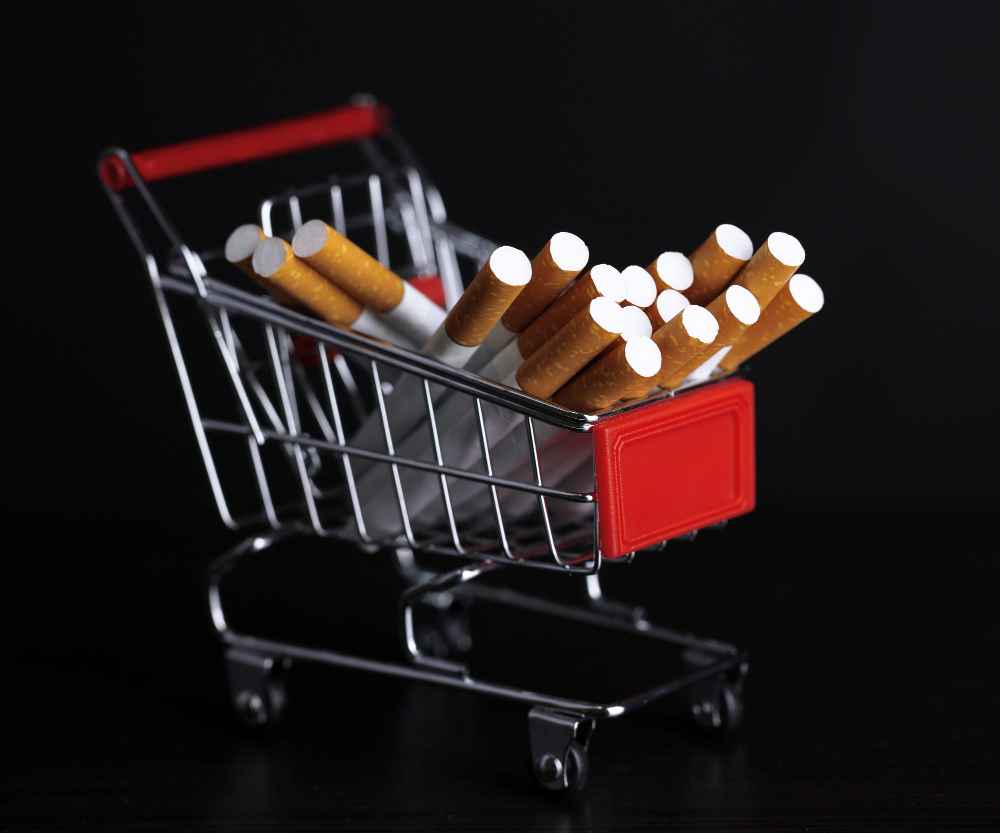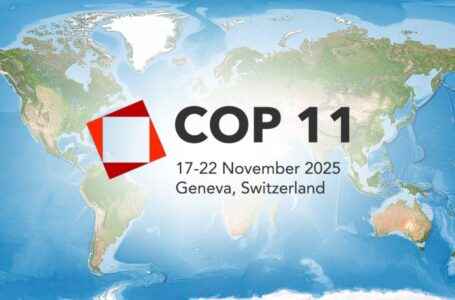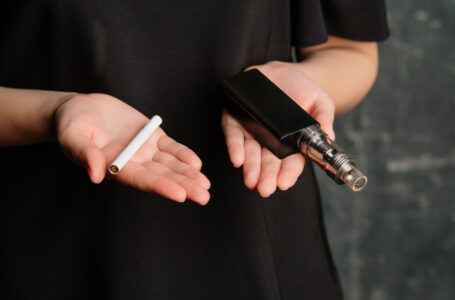Illicit cigarette consumption reached a record high of 18.2 percent in the Philippines in 2024, following consistent increases in tobacco excise taxes that have prompted adult consumers to switch from legal products.
Data from the Philippine Tobacco Institute (PTI) revealed a sharp surge in the illicit cigarette trade, escalating from 5.4 percent of the total market in 2020 to 18.2 percent last year – a 240 percent increase over four years.
The PTI attributed this dramatic rise to the significant price disparity, with illegal cigarettes selling for as low as P40 per pack compared to about P140 for legal, tax-paid brands.
The P100 price difference is driving consumers towards cheaper, unregulated alternatives, resulting in an estimated government revenue loss exceeding P40 billion in 2024 compared to 2021, according to the institute.
Industry groups are urging the government to rationalize the excise tax system, cautioning that the current structure is fueling the illicit trade of both cigarettes and alternative products. They warn that this trend jeopardizes government finances and public health efforts.
These groups said the existing tax framework is misaligned with consumer behavior, penalizing legitimate businesses while benefiting smugglers. Consequently, excise revenues have stagnated, and the illicit trade in cigarettes and vapor products is expanding.
Economists suggest that the Philippines has surpassed the revenue-maximizing point on the Laffer Curve, where further tax increases lead to reduced revenue.
Dr. Arthur Laffer explained that applying the Laffer Curve principle indicates that excessive tax rate hikes can decrease revenue by incentivizing tax evasion and the growth of the illicit market. He suggested that the Philippine tobacco excise tax rate has entered a “prohibitive range.”
Excessively high taxes function as a de facto prohibition, pushing consumers towards cheaper, illegal options, thereby undermining public health objectives and harming legitimate businesses.
Bureau of Internal Revenue (BIR) data support this trend, showing that 2023 tobacco excise tax collections reached only P134 billion, nearly P51 billion below the target. Despite higher tax rates, revenue is declining as legal sales plummet, primarily because consumers are shifting to untaxed illicit products rather than quitting smoking.
Former Senate President Franklin Drilon, the principal author of the Sin Tax Law (Republic Act 10351), emphasized the substantial problems caused by cigarette smuggling, including lost government revenue intended for vital projects and Philhealth, and the undermining of public health goals to reduce smoking rates by making cheap, illegal cigarettes easily accessible.
The PTI said a rationalized tax system would curb illicit trade, support government revenue and restore the integrity of the Sin Tax Law.
PTI president Jericho Nograles said the government’s annual tax hike policy aimed at reducing smoking has “failed” and has instead led to the open sale of illicit products to minors and widespread online distribution with minimal regulation.
The PTI reiterated its call for a recalibration of tax rates as illegal tobacco incidence reached a record 18.2 percent in 2024. The price difference between taxed and untaxed cigarettes makes illicit products cheaper.
The Department of Finance (DOF) also estimates annual revenue losses of P52 billion solely due to the illicit trade.
Nograles urged the government to “calibrate the tax rate to an optimal level and enhance enforcement and prosecution efforts” to fully realize the benefits of the Sin Tax Law for both public health and revenue generation.

The illicit vape situation presents a similarly dire picture, with over P5 billion worth of products seized in early 2025 by the Bureau of Customs (BOC) and BIR. The underlying cause is a tax structure that incentivizes fraud: freebase nicotine is taxed at P6.62 per milliliter in 2025, while nicotine salt is taxed at P57.30 per milliliter – a nearly tenfold difference that leads to widespread misdeclaration.
In February, lawmakers passed House Bill 11360 to address vape product misdeclaration by proposing a unified tax rate of P66.15 per milliliter for all vapor products, aligning with cigarette taxes to close loopholes. However, concerns exist that this high rate, potentially translating to P132 to P660 per pod, could further drive consumers to the illicit market.
House Bill 11360 also proposes adjusting annual excise tax increases to 2 percent in even years and 4 percent in odd years, replacing the current 5 percent automatic hike. This adjustment aims to better reflect market realities and curb illicit trade while still generating revenue.
Economists Bienvenido S. Oplas Jr. and Dr. Arthur Laffer agreed that the current tax rate has likely exceeded the revenue-maximizing point.
Oplas noted that tobacco tax revenue peaked at P176 billion in 2021 with a P50 per pack tax rate, arguing that subsequent increases have led to declines. He suggested that a lower tax rate could narrow the price gap between legal and illegal products, thus reducing the incentive for consumers to switch.
Dr. Laffer said reducing tax rates and expanding the tax base could increase overall revenue while minimizing economic damage.



















